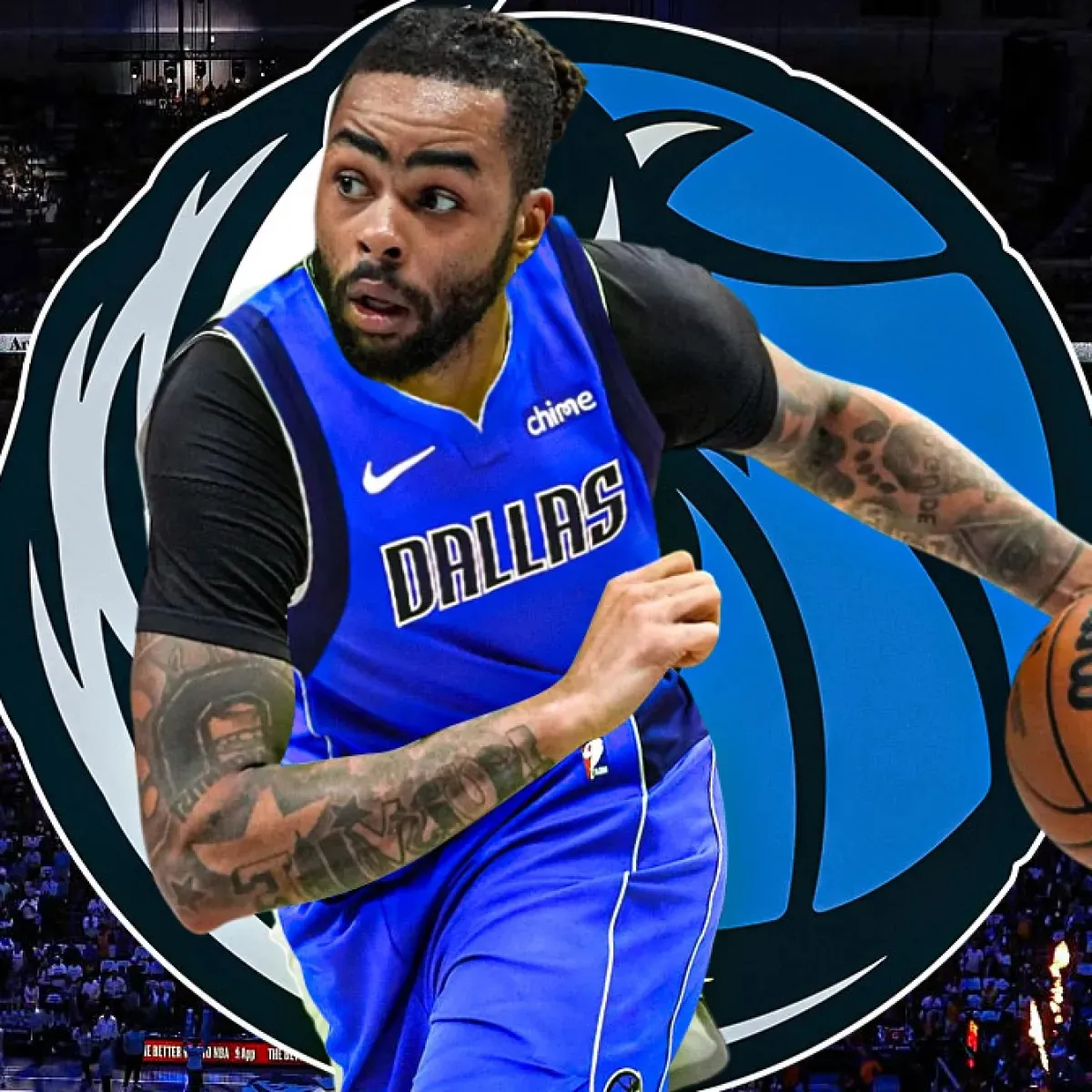Examining Evan Bouchard’s Hall of Fame Potential, and the Road to Get There
Once Duncan Keith is officially inducted later this year, the Hockey Hall of Fame will have ten former Edmonton Oilers (eleven if you count Jacques Plante’s season with the WHA Oilers in 1974-75) — and many years from now, at least two more from the current squad are sure to join them.
On that note, The Athletic recently published an article titled “Hockey Hall of Fame Tiers: Which Active NHL Players Boosted Their Cases?” that ranked active NHL players by their Hall of Fame potential. Unsurprisingly, names like Sidney Crosby, Alexander Ovechkin, Patrick Kane, and Connor McDavid landed in Tier 1, called “They Could Retire Today and Make It.”
Leon Draisaitl also made his debut in their “Tier 1” category, meaning that if he retired today, with under 800 games played, he’d still be considered a Hall of Fame lock. That puts him in rare company alongside players like Peter Forsberg, Eric Lindros, and Pavel Bure, who also earned the Hall of Fame nod despite playing fewer than 800 games. That said, Draisaitl’s dominant playoff performance last season, where he led all players with 33 points and scored four overtime goals, likely pushed him over the edge.
Interestingly, in the final category, “Tier 5: Check Back in a Few Years,” the very last name mentioned was Oilers blueliner Evan Bouchard, and his mention is definitely a thought-provoking inclusion in that piece.
It got me wondering — could Bouchard one day be part of the Hockey Hall of Fame conversation? Let’s take a look at what he’s accomplished so far.
Bouchard’s Playoff Production Puts Him in Elite Company
The former 10th overall pick from the 2018 NHL Draft has played five NHL seasons and has tallied 238 regular-season points, which includes a remarkable 82 points in 2023-24.
Needless to say, those regular-season points are impressive, but they don’t capture the occasional blueline blunder he makes on a cold, snowy Tuesday night in January — plays that have frustrated some Oilers fans in recent seasons.
Yet, on the other hand, the Oakville, ON native has consistently stepped up his game when the stakes are higher, playing in 75 playoff games over the last four seasons and recording 81 points in that span, while also cutting down on defensive lapses and bringing a more physical edge in the postseason.
Additionally, while the pairing of Bouchard and Mattias Ekholm has been one of the most effective top pairings in the NHL ever since the Swedish D-man arrived in Oil Country, when Ekholm missed three of the first three playoff rounds last season, Bouchard elevated his game, and for the most part, looked like a top-pairing D-man without his veteran partner beside him, posting 23 points (7G, 16A) in 22 playoff games.
Yes, regular-season Bouchard can be frustrating, but playoff Bouchard is a different beast entirely. Let’s look at some stats that show where he ranks in the postseason among the all-time greats.
The Oilers blueliner currently sits 22nd all-time — not just among D-men, but among all skaters — in points per game (PPG) in the playoffs, at 1.08, slightly ahead of Cale Makar (1.076 PPG), who holds the 23rd spot. Moreover, just by looking at the significant names he ranks ahead of in playoff PPG, it’s an impressive list: Phil Esposito (27th, 1.05 PPG), Guy Lafleur (28th, 1.04 PPG), Brian Leetch (33rd, 1.02 PPG), Gordie Howe (35th, 1.01 PPG), Evgeni Malkin (36th, 1.01 PPG), and Jaromir Jagr (46th, 0.96 PPG).
On top of that, during last season’s playoffs, Bouchard (60 games played) became the second-fastest D-man in NHL history — behind only Bobby Orr (59 games played) — to reach 50 playoff assists.
Also, during the Oilers’ 2024 playoff run to the Stanley Cup Final, Bouchard finished with 32 points, including 20 points (5G, 15A) in the first 12 playoff games — the most by a D-man through the first two rounds of a single postseason in NHL history. Moreover, he set an NHL record for most assists by a blueliner in a single playoff run when he registered his 26th helper, surpassing Paul Coffey.
Also, by reaching the 30-point plateau in that postseason, he became just the fourth D-man in NHL history to do so in a single playoffs, joining Hall of Famers Coffey, Al MacInnis, and Brian Leetch. That said, with him being mentioned in the same breath as those legendary D-men, it’s easy to see why he’s set to earn $10.5 million a season.
Can Bouchard Follow in Sergei Zubov’s Footsteps to the Hall of Fame?
Of course, this is very early to be talking about this, but let’s give it a go anyway — so, what does Bouchard need to do in his career to be Hall of Fame worthy?
To start, at a bare minimum, he has to win a Stanley Cup, and if that were to happen, I’d imagine he’d be a big contributor to the Cup win.
Secondly, winning at least one Norris Trophy in his career would certainly boost his chances. However, he’s playing in an era with elite, skilled, mobile D-men like Cale Makar, Quinn Hughes, and Miro Heiskanen, so winning a Norris may be a tough task for Bouchard. Difficult, yes, but not impossible, as he finished fifth in the voting in 2024 and 11th last season.
I also feel that at some point, he’ll need recognition on the international stage with Team Canada, and a couple of All-Star Game selections couldn’t hurt his chances. However, with Connor McDavid and Leon Draisaitl on his team, those selections might not come his way, as they’ll likely be picked before him.
As far as points go, if he can average 60-point campaigns over the next nine seasons — which is possible, potentially playing alongside Draisaitl and possibly McDavid long term — he’d be well positioned, based on a comparable to former NHL D-man Sergei Zubov, who tallied 771 regular-season points, was known more for his offensive skills like Bouchard, excelled on the power play, and was inducted into the Hockey Hall of Fame in 2019.
The Russian blueliner played 16 seasons in the NHL, including 12 with the Dallas Stars, posting 771 regular-season points in 1,068 games — 408 of those points coming on the power play — along with another 117 points in 164 playoff games. That said, with players like Brian Leetch, Chris Pronger, and Nicklas Lidstrom dominating during his peak years, Zubov never won a Norris Trophy, which is almost what Bouchard might be facing with other elite D-men in his era.
Zubov was, however, selected for the All-Star Game four times and won a Cup with the New York Rangers in 1994 and again in 1999 with Dallas. I also remember him being such an offensive threat from the blue line during the many occasions the Oilers played the Stars in the playoffs — his passes were so precise, he was lethal on the power play, and he went on to post nine seasons with 50+ points.
That said, using Zubov as the baseline comparable, Bouchard could match the Russian blueliner’s 771 regular-season points in nine seasons by averaging at least 60 points per year — which, again, is not far-fetched if he continues to play with McDavid and Draisaitl long term. Of course, Bouchard would also need to become more consistent defensively, as Zubov was smart with his stick to defend, to fully live up to that Hall of Fame trajectory.
If Bouchard maintains his pace — especially his playoff dominance — and adds a Stanley Cup and some hardware to his résumé, the Hall of Fame could be within reach. Even if not, his trajectory already places him among Edmonton’s all-time greats, and a spot in the Oilers Hall of Fame feels inevitable.





